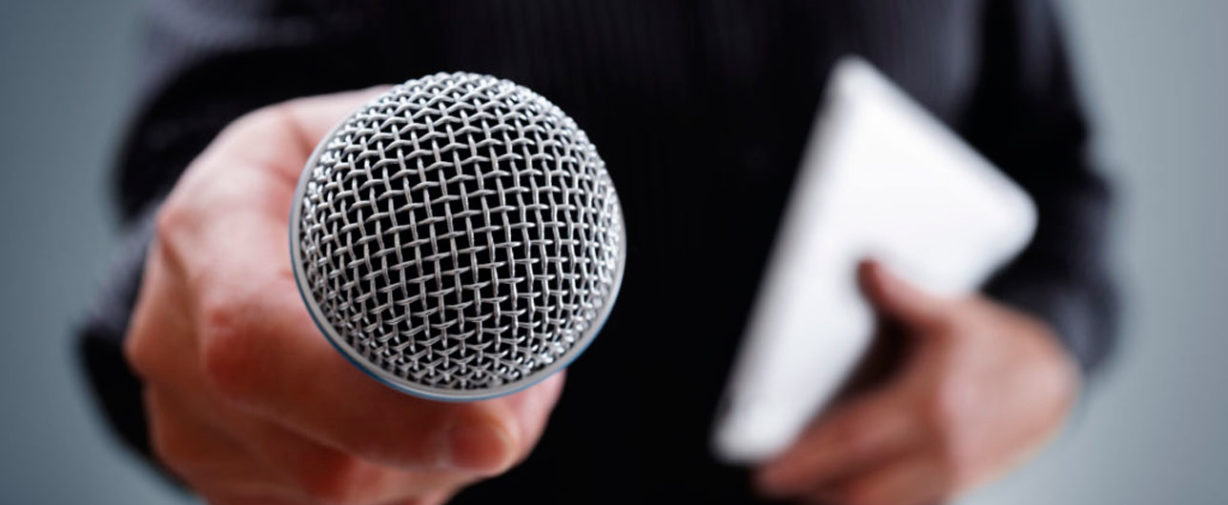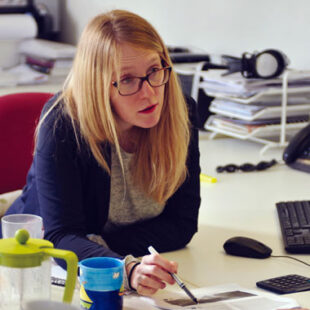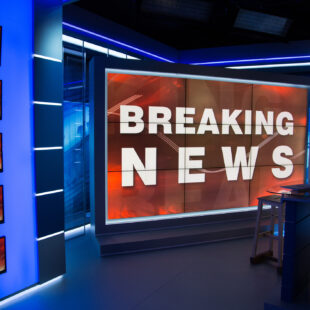Preparation is key! No matter how busy you are or how little notice you get, it’s vital that you make time to do some homework.
- Find out as much as you can about:
- The publication
- Why they want to talk to you and what they’ll be looking to get from you
- Who else they plan to interview for their article
- The reporter and the way he or she writes
- Find out how much time they plan to spend talking to you, so you can schedule and prepare accordingly.
- Think carefully about the main points you want the journalist to take away from the interview and find ways to express them in simple, clear terms. But don’t write them down and read them word for word – you’ll sound dry and dispassionate. Make sure you can inject some warmth and interest into what you’re saying, and be willing to talk around things a little if you get the opportunity.
- Invest time in preparing responses to any difficult questions that might come up. Be clear on what you want to say and what you don’t want to say. Discuss this with wider members of the team, to ensure consistency and to be sure of the boundaries.
- Journalists often work in soundbites and headlines. Think of concise ways to tell your story that will capture the journalist’s imagination. Use metaphors as a way of explaining what something is like, but avoid waffle!
- Gather details of case studies you can discuss, to bring your messages to life and to add context. Check what you can say, in terms of mentioning names and personal details. You need to ensure you have consent from all those you might want to name.
- If it’s a telephone interview arrange to be in a quiet place. If you’ll be on a mobile you’ll need to have good reception.
- Have all the relevant facts and figures to hand, in a document that you can easily scan through and pick things out from.
- Think about how you can change the direction of the interview if the journalist starts asking questions you’re not comfortable answering.
During the interview, be clear and confident.
- Avoid jargon and technical terms.
- Illustrate your points with clear examples, referring to case studies or specific projects.
- Keep statistics and figures to a minimum.
- Jump on untruths – interrupt the journalist if necessary, without raising your voice, to make sure errors or misinterpretations are tackled head-on.
- If you can’t answer a question, don’t be afraid to say you don’t know. You can contact the journalist after the interview with any information you don’t have at your fingertips.
- Be confident throughout, and maintain a clear, cooperative tone.
- At the end, make sure the journalist feels that they have everything they need, and check if there’s anything they’d like more information on. Find out when the piece will appear.
And after the interview, pat yourself on the back and remember to:
- Let your communications team or agency know how the interview went and if they need to supply the journalist with further information or arrange for photography to be done.
- Monitor for the coverage so you can judge how well your points came across and whether you might want to do any follow-up as a result.
- If the interview went well, it may be worth trying to meet the journalist again to cement the relationship for future opportunities.




